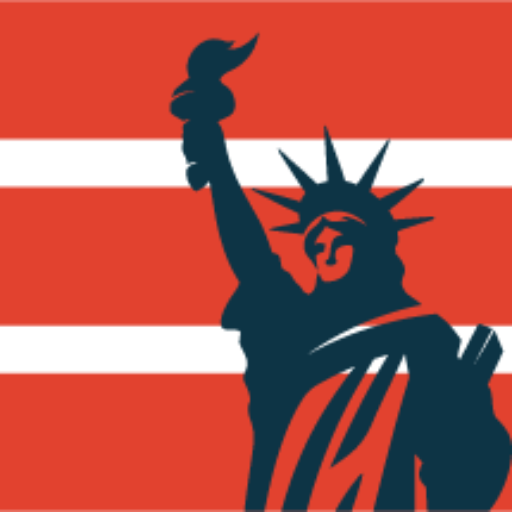
Daniel Noboa has officially taken office as Ecuador’s youngest president, following a historic victory that positions him as a prominent figure in the nation’s ongoing battle against drug-related violence and economic turmoil. The 37-year-old, born into a well-known banana-exporting family, was inaugurated in a ceremony marked by a spirit of unity at the National Assembly in Quito. Assembly President Niels Olsen Peet adorned Noboa with the presidential sash, symbolizing a new chapter for Ecuador.
Noboa’s ascent to power comes after completing the remaining 18 months of his predecessor’s term and defeating left-wing candidate Luisa Gonzalez in a contentious election characterized by allegations of electoral fraud. In addressing lawmakers, Noboa emphasized a commitment to reducing crime, particularly violent offenses that have surged in recent years. He underscored the urgent need for a systematic approach to tackle the national crisis posed by drug gangs, which have exploited Ecuador’s geographic position and vulnerabilities in governance.
The newly inaugurated president articulated a clear vision for his administration: “The progressive reduction of homicides will be a non-negotiable goal.” His strategies include intensified anti-drug trafficking efforts, seizing illegal weapons, and enhancing security at critical ports, which are essential to Ecuador’s economy.
Ecuador, once regarded as one of Latin America’s more stable countries, has experienced an alarming increase in violence, with transnational criminal organizations exploiting its decentralized policing and border weaknesses. In response, Noboa has implemented militarized strategies that resemble those seen in various other countries facing drug-related crises. This has involved deploying military forces onto urban streets and enhancing security protocols around infrastructure.
Though comparisons have been drawn between Noboa’s policies and those of El Salvador—where similar measures have seen praise for efficacy alongside criticism from human rights advocates—his administration is focusing on leveraging international partnerships. He identified strategic alliances with nations such as the United States and Israel as pivotal in reforming Ecuador’s security approach.
Notably, Noboa’s administrative decisions have drawn attention, including the hiring of Erik Prince, the founder of the private military contractor Blackwater, to guide Ecuador’s security forces. This move has been met with mixed reactions, as it raises pertinent questions regarding national security’s approach amid concerns of oversight and militarization.
While Noboa announces a claimed 15 percent reduction in violent deaths in 2024, the broader context reveals substantial challenges ahead, including a reported 58 percent increase in killings in the first four months of 2025 compared to the previous year—with 3,094 deaths recorded. The path forward for Ecuador under Noboa’s leadership involves navigating these complex issues while working toward revitalizing the economy and restoring public safety.
This critical juncture in Ecuadorian politics is closely monitored, as the implications of Noboa’s policies could resonate well beyond national borders. #PoliticsNews #WorldNews

